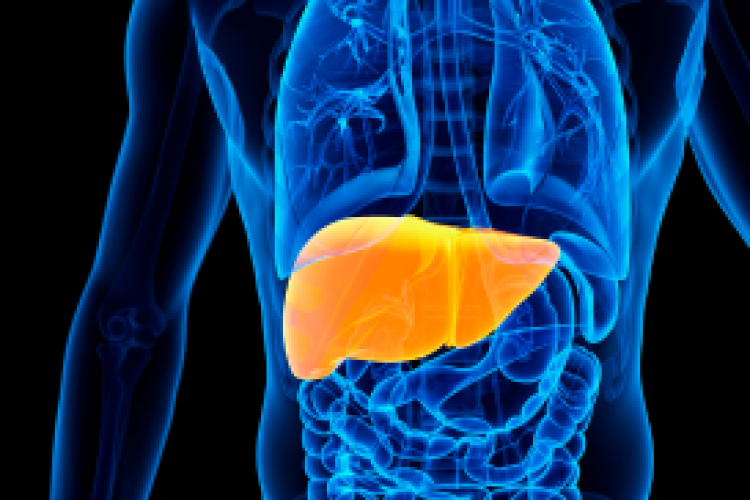
Orthopedic surgeons now have many safe options they can use to help control the pain patients experience after an operation.
When a person is facing surgery, they often are nervous about the pain they may have afterward. There are many effective options to treat post-surgical pain that don’t involve opioids, according to Michael D. Robinson, Director of Pain Management and Palliative Care at Montefiore Nyack Hospital.
“For orthopedic surgery, we may use several types of medication to control pain,” he says. “Sometimes after surgery, especially a major surgery such as a spine operation or joint replacement, we may use opioids for a brief period. But the major focus these days is on other medications and methods to control pain.”
Opioids can be effective medicines used for moderate to severe pain. Today, they are most often used for certain types of pain such as pain related to cancer. When taken as prescribed, they can be effective for managing short-term pain after surgery. But because opioids are narcotics, they can be addictive, especially when taken for long periods. That is one reason why surgeons often look to other alternatives to treat post-surgical pain.
“In most cases, the pain is most significant several days after surgery,” says Dr. Robinson, who also practices at the Montefiore Einstein Comprehensive Orthopedic and Spine Center in West Nyack, NY. “Over the next week or two, post-operative inflammation continues to improve. Patients need to have realistic expectations of what will happen. Having some pain after surgery is normal—you won’t be suddenly pain-free,” he says.
It’s also normal for a patient to be anxious about having pain after surgery, he notes. “That’s why it’s so important for them to be prepared for what will happen,” he says. “I tell my patients it’s a different kind of pain than what they were experiencing before the surgery, which was getting worse and worse. After surgery, the pain won’t be relentless and overwhelming. It is likely to come and go, and it will get better over time.”
Pain Treatments After Surgery
In some cases, the surgeon may use a milder opioid called tramadol for a brief period to control post-surgical pain. In most cases, non-opioid medications are effective in treating pain after surgery, Dr. Robinson says. These include:
- Nerve blocks, which are administered at the time of surgery. They allow reduced use of anesthesia and also give pain relief for up to several days after the surgery
- Medication to treat nerve pain such as gabapentin
- Non-steroidal anti-inflammatory drugs (NSAIDs) such as ibuprofen, naproxen, and celecoxib
- Analgesic medications such as acetaminophen (Tylenol)
Meditation can also be useful in reducing feelings of stress, anxiety and pain after surgery. “Meditation can help patients be more tuned in to what they are experiencing in their body,” Dr. Robinson says. “If you have pain, it’s like being shot by two arrows,” he says. “First, you have the physical experience of the pain. Second, you have all the concerns surrounding the pain, such as worrying that it won’t go away. Meditation has been used for a long time to help people suffering from chronic pain. It can help people after surgery, too, by giving them more control over what they are experiencing.”
To schedule an appointment, call 845-348-ACHE (2243). You may need a referral from your primary care physician. For more information, visit montefiorenyack.org/pain-management.



 Upcoming Events
Upcoming Events



